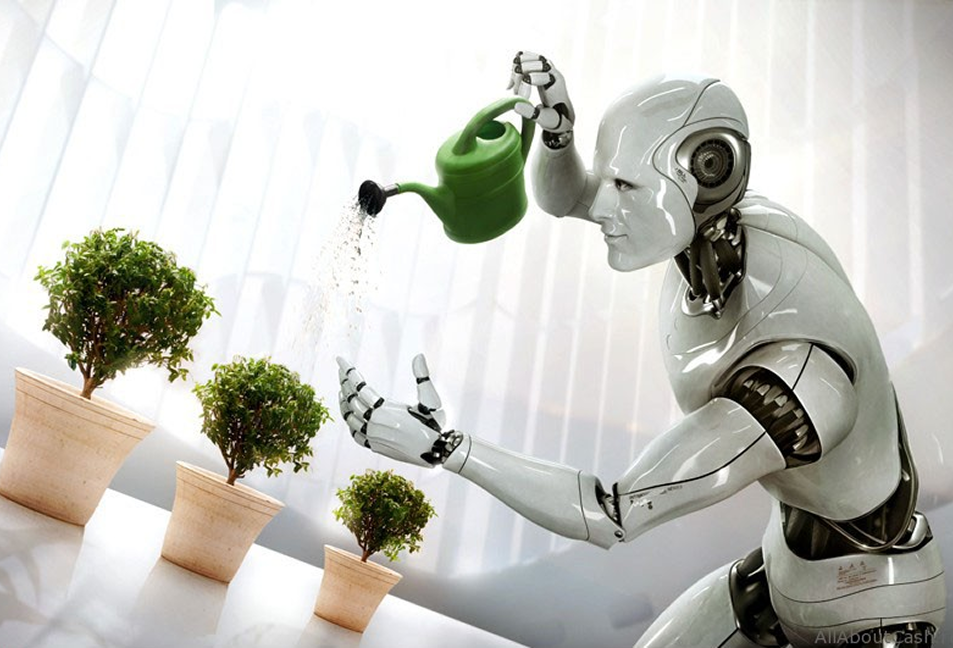Robotics is rapidly transforming both industrial sectors and everyday life in the United Kingdom. From advanced manufacturing systems to domestic service robots, robotic technologies are reshaping how work is performed, how services are delivered, and how people interact with machines. The integration of robotics reflects broader technological trends, including artificial intelligence, automation, and the Internet of Things (IoT), and carries significant economic, social, and ethical implications. The UK is actively developing its robotics capabilities through research, industrial deployment, and policy initiatives, positioning itself as a leader in robotics innovation.
Industrial robotics and automation
In the industrial sector, robots have become essential tools for enhancing productivity, precision, and efficiency. UK manufacturing industries—including automotive, aerospace, electronics, and pharmaceuticals—are increasingly adopting industrial robots for assembly, welding, material handling, and quality control. These robots can operate continuously with high accuracy, reducing errors and production costs while maintaining safety standards. Collaborative robots, or “cobots,” are particularly notable in UK factories, as they work alongside human operators, supporting tasks that require dexterity and adaptability. The integration of robotics with AI and machine learning enables predictive maintenance, optimised workflow, and adaptive production processes.
Logistics and supply chain applications
Robots are transforming logistics and supply chains across the UK. Warehouses, distribution centres, and fulfilment operations deploy automated guided vehicles (AGVs), robotic arms, and autonomous sorting systems to streamline order processing, inventory management, and delivery preparation. In e-commerce hubs, particularly in London, Manchester, and Birmingham, robotic systems handle high-volume orders efficiently, enhancing speed and accuracy while reducing labour intensity. Integration with AI-driven software enables dynamic routing, demand forecasting, and optimisation of storage space, providing significant operational advantages.
Healthcare and medical robotics
Robotics also plays a growing role in healthcare and medical services in the UK. Surgical robots, such as the widely used da Vinci system, enable minimally invasive procedures with enhanced precision, reducing patient recovery times and improving outcomes. Rehabilitation robots assist patients with physical therapy, offering repetitive, controlled exercises that support recovery from injury or illness. Service robots in hospitals assist with logistics, including medication delivery, sample transport, and sanitation, freeing healthcare professionals to focus on direct patient care. The combination of robotics and AI in UK healthcare supports efficiency, accuracy, and improved patient experience.
Domestic and service robots
Robotic technologies increasingly influence daily life in the UK. Household robots—such as vacuum cleaners, lawn mowers, and window-cleaning devices—automate routine chores, saving time and effort for consumers. Personal assistant robots, often integrated with voice-controlled AI, provide reminders, information, and entertainment, particularly benefiting elderly or mobility-limited populations. In the retail and hospitality sectors, robots are used for customer interaction, inventory management, and food service, reflecting a shift toward automated service delivery. These applications demonstrate how robotics can enhance convenience, accessibility, and quality of life.
AI integration and autonomous systems
The development of robotics in the UK is closely linked to artificial intelligence. AI algorithms enable robots to perceive, reason, and make decisions in dynamic environments. Machine vision, sensor fusion, and natural language processing allow industrial robots to detect defects, navigate complex spaces, and interact safely with humans. Autonomous vehicles and drones are emerging in logistics, surveying, and security, with pilot programmes exploring integration into urban infrastructure and transportation networks. AI-driven autonomy expands the potential of robotics beyond repetitive tasks to adaptive, context-aware problem-solving.

